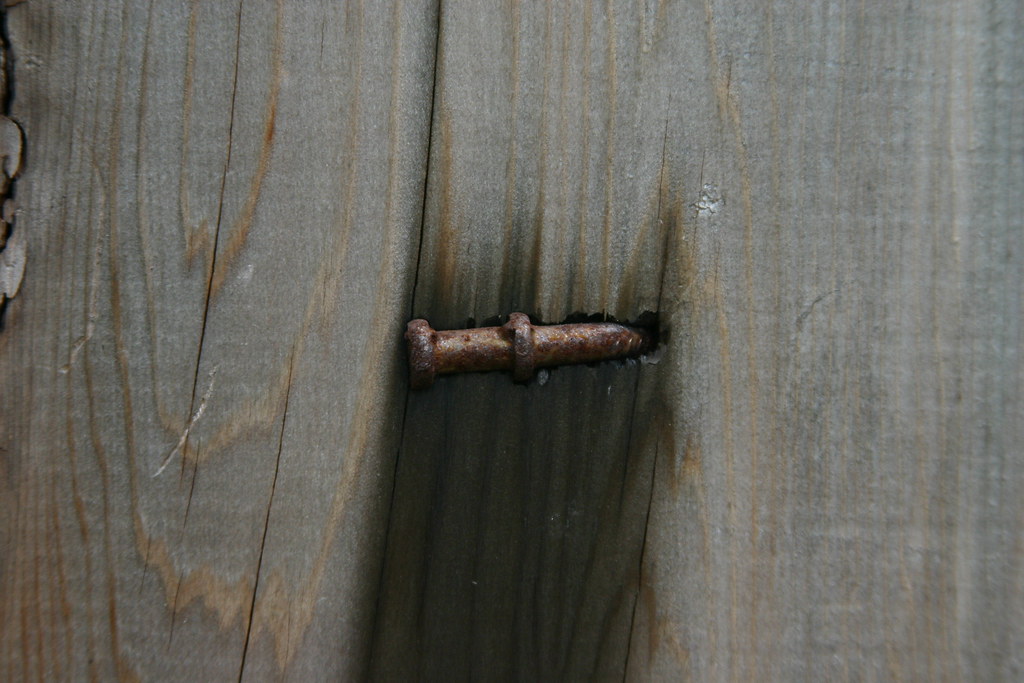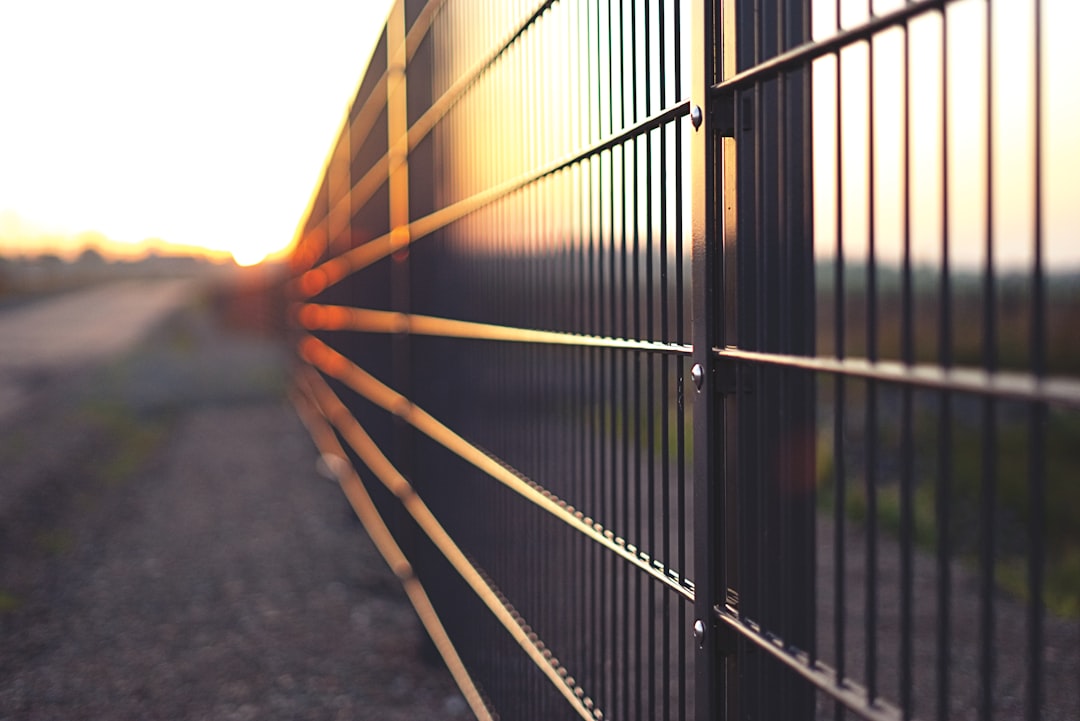Discover the essential role that nails for fence construction play in ensuring your outdoor spaces are secure and aesthetically pleasing. Did you know that choosing the right type of nail can significantly impact the longevity and durability of your fence? This guide will explore the various options available and provide insights to help you make the best choice for your fencing project.


When it comes to building or repairing fences, choosing the right type of nail is crucial for both the durability and appearance of the fence. There are several types of nails suitable for fencing, each with its own set of characteristics and recommended uses. Common types include aluminum nails, which are resistant to rust and ideal for areas with high moisture levels; stainless steel nails, known for their strength and corrosion resistance, making them perfect for coastal areas; galvanized nails, which are coated with a layer of zinc to protect against rust; and finally, copper nails, which are less common but offer superior corrosion resistance and are often used for their aesthetic appeal. Understanding the differences between these nails can help you make an informed decision based on your specific fencing needs and environmental conditions.
Selecting the right nails for your fence project is not just about picking the strongest or most durable option. Several factors should be considered to ensure that the nails you choose will suit your specific needs. Firstly, the material of your fence plays a significant role in nail selection; certain nails work better with specific materials. Secondly, environmental conditions such as humidity, salt air, and rainfall can influence the type of nail needed to prevent rust and corrosion. Thirdly, the size and type of the nail are important; larger nails may provide more strength but can also split thinner pieces of wood. Lastly, consider the aesthetic you wish to achieve, as the nail head will be visible and contribute to the overall look of the fence. Taking these factors into account will help you select the best nails for your fence project, ensuring it has the strength, durability, and appearance you desire.
Choosing the right type of nail for your fencing material is crucial for both the construction process and the longevity of your fence. For wooden fences, galvanized nails are highly recommended due to their resistance to rust and corrosion. Specifically, aluminum and stainless steel nails are best for cedar and redwood fences as they do not react with the natural oils of these woods, preventing stains and discoloration. For vinyl fencing, specialized vinyl fence nails or screws made from non-corrosive material should be used to prevent damage to the panels and ensure a secure installation. When dealing with metal fences, such as those made from chain link or wrought iron, it's important to use galvanized or coated nails and screws that match the material of the fence to prevent corrosion and rust. For composite fencing materials, which are made from a mixture of wood and plastic, stainless steel nails are recommended for their strength and durability, as well as their resistance to rust. Each of these nail types is designed to complement the specific characteristics of the fencing material, ensuring that your fence remains secure and aesthetically pleasing over time.
To ensure the longevity of your fence nails, regular maintenance and choosing durable materials are crucial. Galvanized and stainless steel nails are known for their resistance to rust and corrosion, making them ideal for outdoor fencing projects. However, even the most durable nails require periodic inspection to check for signs of wear or damage. It's recommended to inspect your fence nails at least once a year, ideally during spring or fall. Look for any loose nails, rust, or corrosion, and replace them as necessary to maintain the structural integrity of your fence. Additionally, applying a protective coating or paint to your fence can further protect the nails from the elements, extending their lifespan. Remember, the key to ensuring the longevity of your fence nails lies in choosing the right materials and committing to regular maintenance.
Immerse yourself in architecture’s most boundary-pushing ideas—where innovative home improvements meet visionary urban developments. Discover new building techniques, materials, and creative concepts that are redefining how we shape our spaces on a global scale.